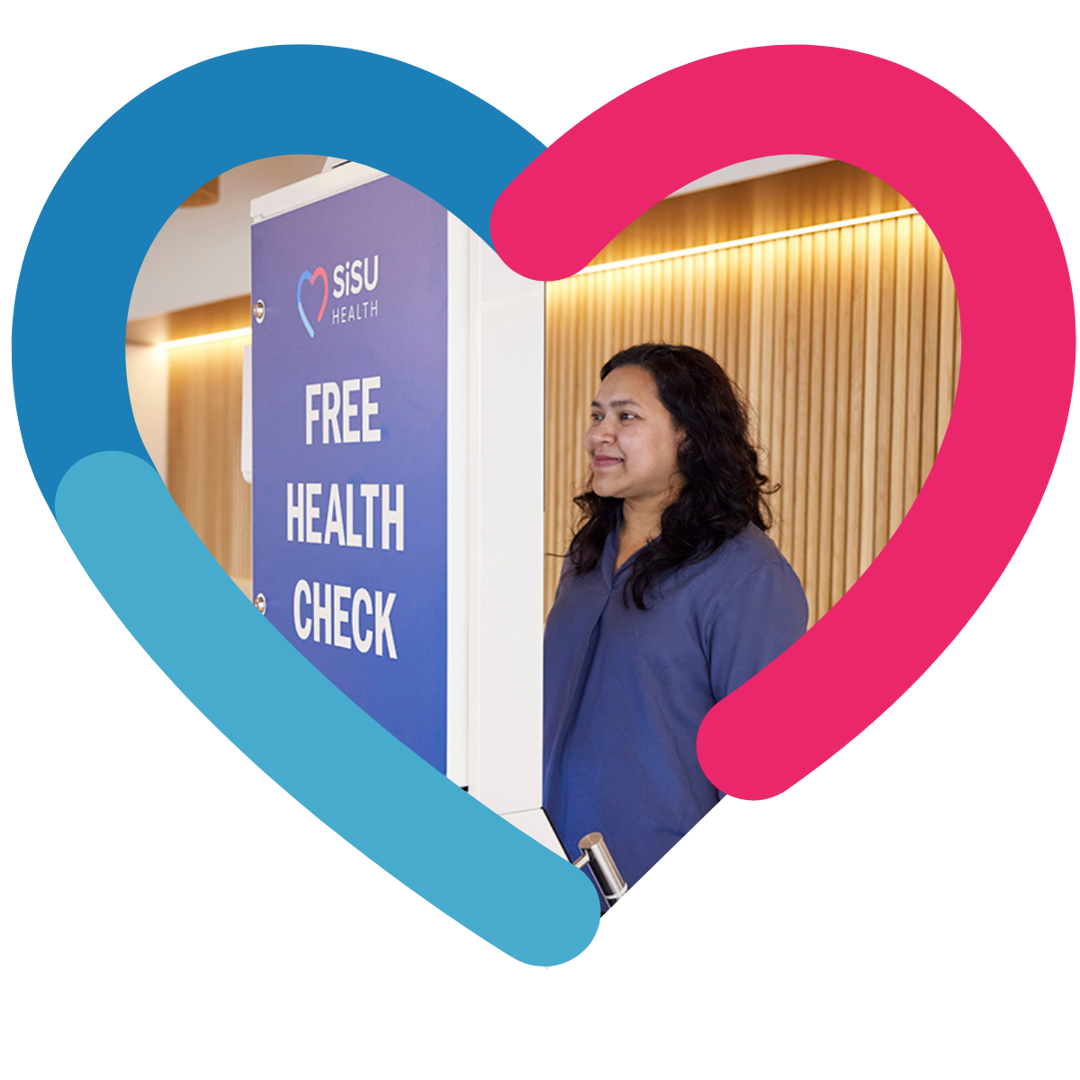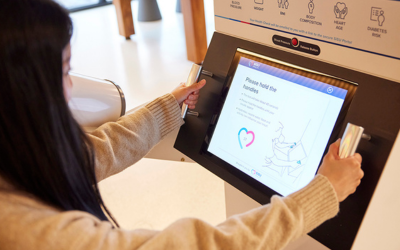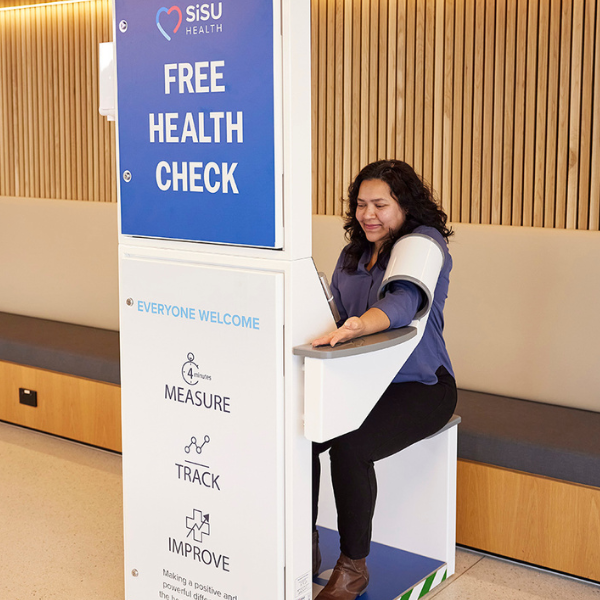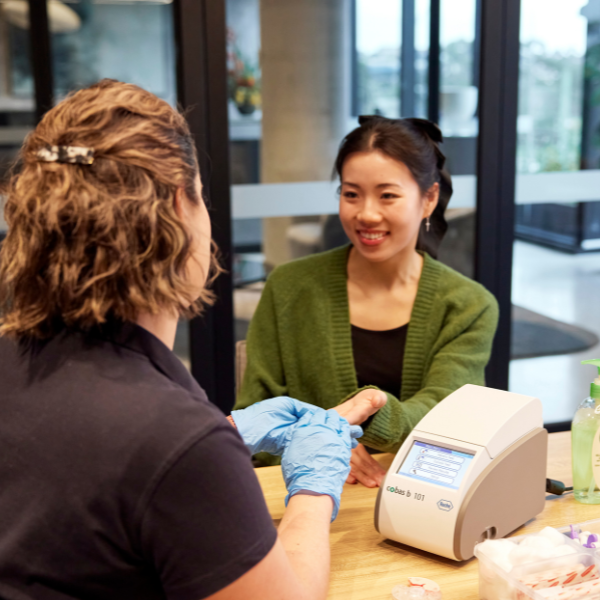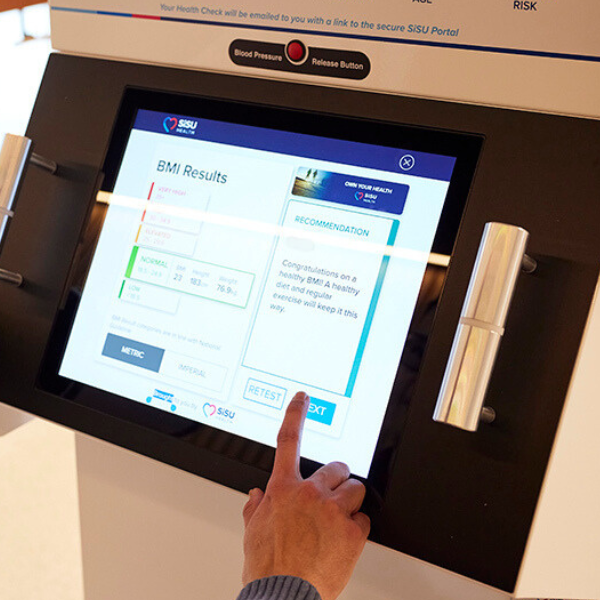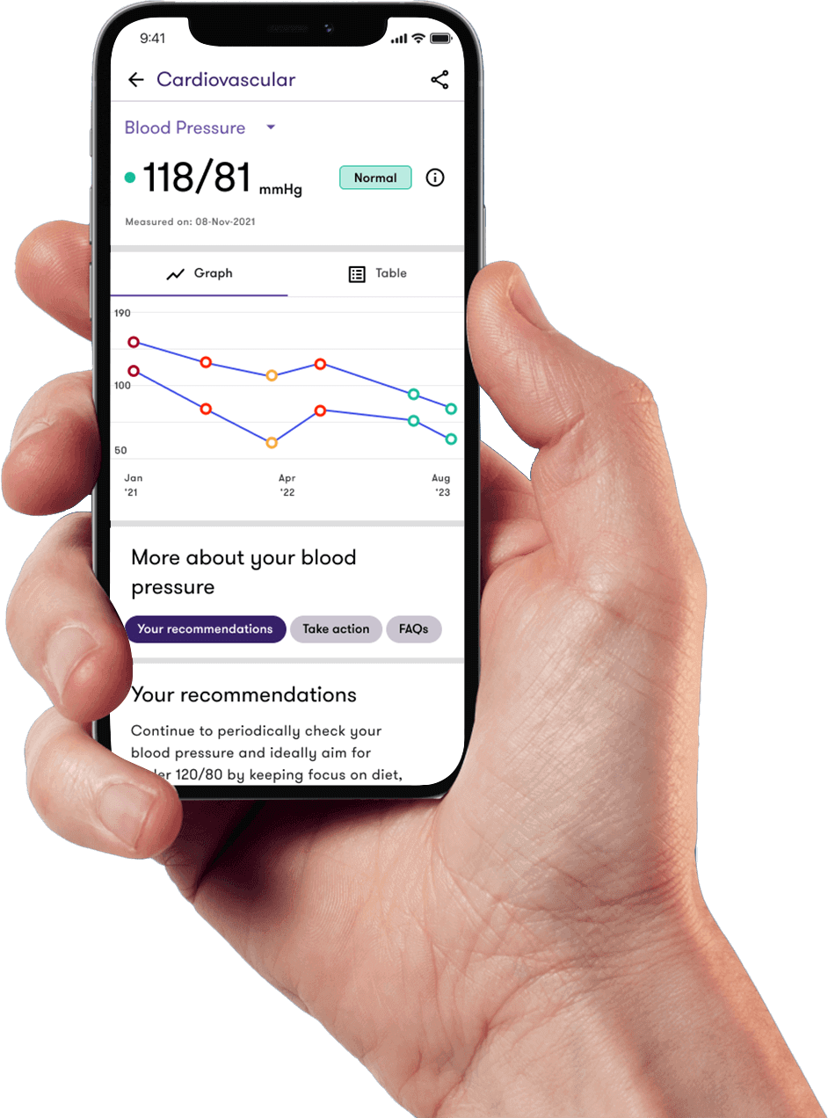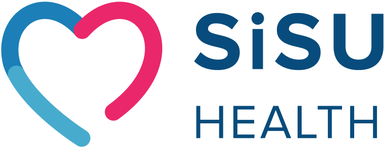Hormones and your heart
More than just (peri)menopause
For many women, perimenopause begins in their 40s.
There are over 20 physical, mental and emotional symptoms that indicate perimenopause may have commenced (Jean Hailes). This includes brain fog, anxiety, feeling overwhelmed, mood swings, sleep problems and more. All these feel part of every day life when you’re a women who may be working and raising a family.
In addition to perimenopause symptoms, hormonal changes, such as declining oestrogen, affects your heart health.
Menopause marks more than the end of fertility.
It’s a pivotal stage in a women’s life that significantly influences her long-term heart and metabolic health.
Many women are unaware of the links between menopause and heart health.
As oestrogen levels decline, your risk of heart disease starts to rise, making perimenopause and post menopause a pivotal time to focus on heart health.
Source: Her Heart; Heart Health Fact Sheet – Menopause and Heart Disease. (link to be provided once new website is live)
3 Steps to a Heart Health Focus Transition into Menopause
1. Regular Health Checks
In your 40s and 50s, regular health checks are one of the best ways to spot changes early and get timely treatment.
You can track your health for free at over 300 Priceline Pharmacies on the SiSU Health Station, to measure and monitor;
- Blood pressure and heart rate
- Height, weight and body mass index (BMI)
- Body composition
- Type 2 diabetes risk (using the AUSDRISK assessment tool)
It is also recommended to see a GP to check your cholesterol and blood sugar levels.
At your GP appointment, be open about any symptoms, physical or emotional, you’ve been experiencing.
Here are some helpful resources for your GP appointment:
- Her Heart’s GP checklist for discussing perimenopause and heart health
- Jean Hailes menopause symptom tracker to fill out and bring to your appointment.
- The Australian Menopause Society has a page dedicated to helping women find a GP educated in menopause.
- Another option would be to have a phone consultation with an InstantScripts doctor who is experienced in menopause and perimenopause management.
Many women report feeling unheard when they raise perimenopause symptoms with their doctor. If this happens to you, remember, it’s okay to get a second opinion.
2. Manage Weight
Women between the ages of 45 and 55 gain about half a kilogram per year (Jean Hailes). Weight gain around the stomach (visceral fat) is particularly concerning as it increases the risk of heart disease, type 2 diabetes and certain cancers. It can also worsen menopausal symptoms like hot flushes and joint pain.
Hormonal changes can affect motivation to eat well and exercise, just as they can at certain points in the menstrual cycle. Staying active and maintaining a balanced diet can help reduce visceral fat and protect your heart.
3. Heart Attack Symptoms to Keep an Eye On
Women’s heart attack symptoms can be different from men’s and may be overlooked.
Female heart attack symptoms include:
- Shortness of breath.
- Unusual tiredness or weakness.
- Chest pressure or discomfort (not always severe pain)
- Feeling sick, dizzy or light-headed.
- Pain or discomfort in the neck, jaw, shoulders, back and arms.
Source: Her Heart; Heart Attack Signs in Women
Listen to your body and stay on top of any changes. If you are concerned about the above symptoms, it is recommended to consult with a GP or emergency services.
Spread the Word
The more women who understand the links between menopause and heart health, the better the chances of early detection and prevention.
If you found this information helpful, share it. Conversations about perimenopause and heart health help protect not only ourselves but the women we care about.
Thank you to Her Heart for providing content relevant to menopause and heart health.
Track your health over time with the SiSU Health App
All of your Health Checks can be accessed on the SiSU Health App, flagging any risks and recommendations.
In the spirit of reconciliation, we acknowledge the Traditional Custodians of Country throughout Australia. We recognise their continuing connection to land, sea and community and we pay our respects to Elders past, present and emerging. SiSU Health is dedicated to supporting better health and health outcomes for indigenous peoples across Australia. As of May 2025, we are proud to have provided more than 69,000 free health checks to more than 54,900 individuals of Aboriginal and Torres Strait Islander heritage across Australia.
^DISCLAIMER: The use of SiSU Health Products is not intended to replace medical advice from a qualified physician or healthcare professional. Always check with a qualifed healthcare professional before making any changes to your health or lifestyle.
A Wesfarmers Company
Company
Office: L8, 637 Flinders Street, Docklands, VIC 3008
Manufacturing: 15 Islington Street, Collingwood, VIC 3066
(03) 9818 3998
Legal
Copyright © 2025 SiSU Health Group.
All rights reserved.
